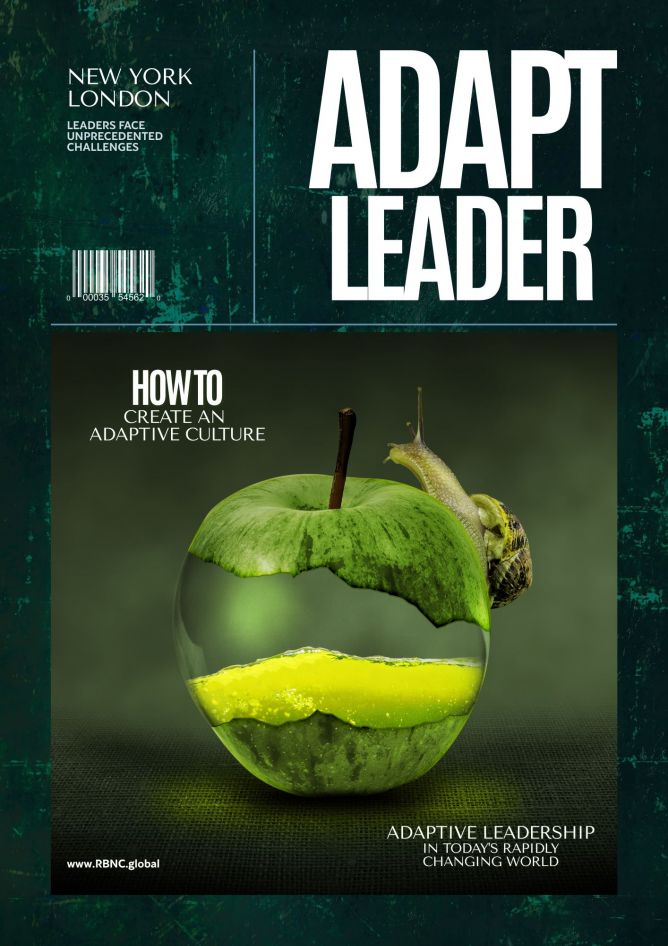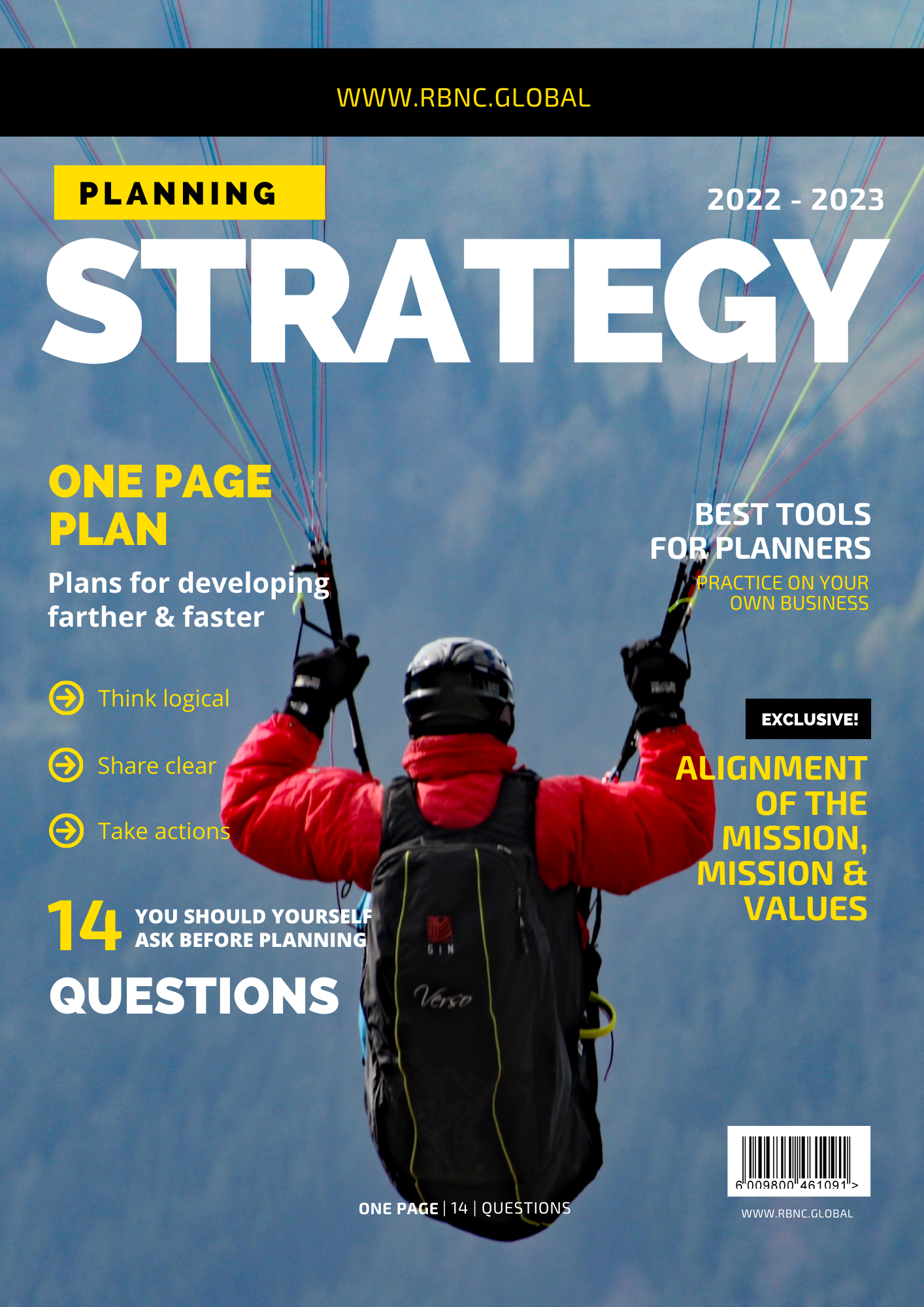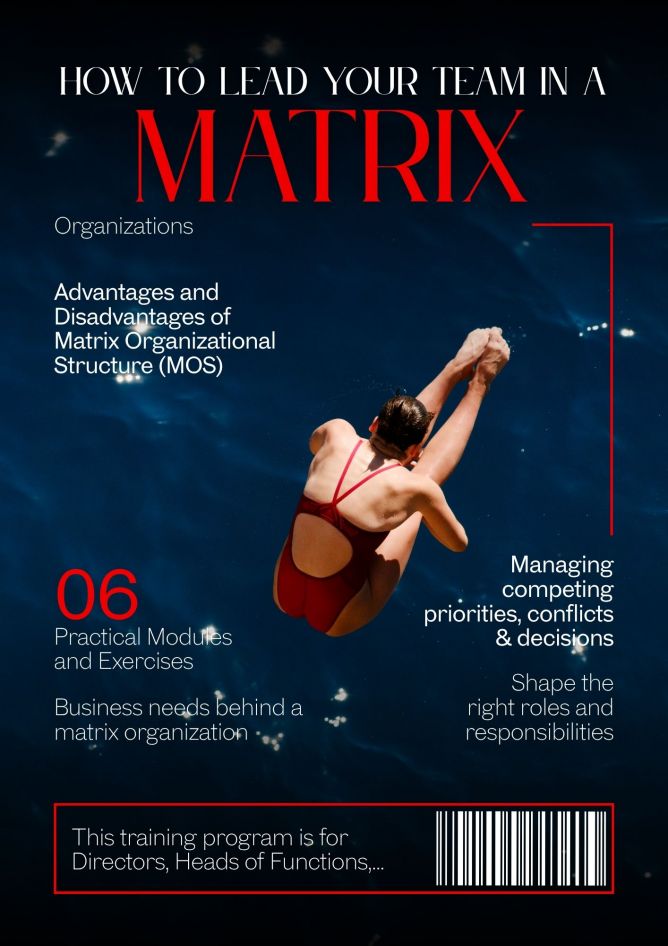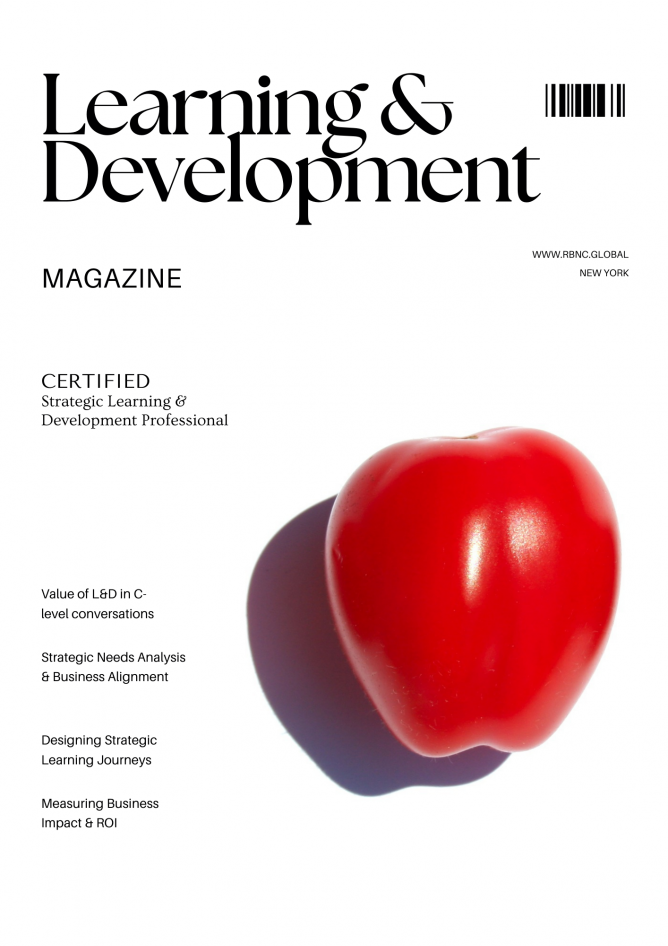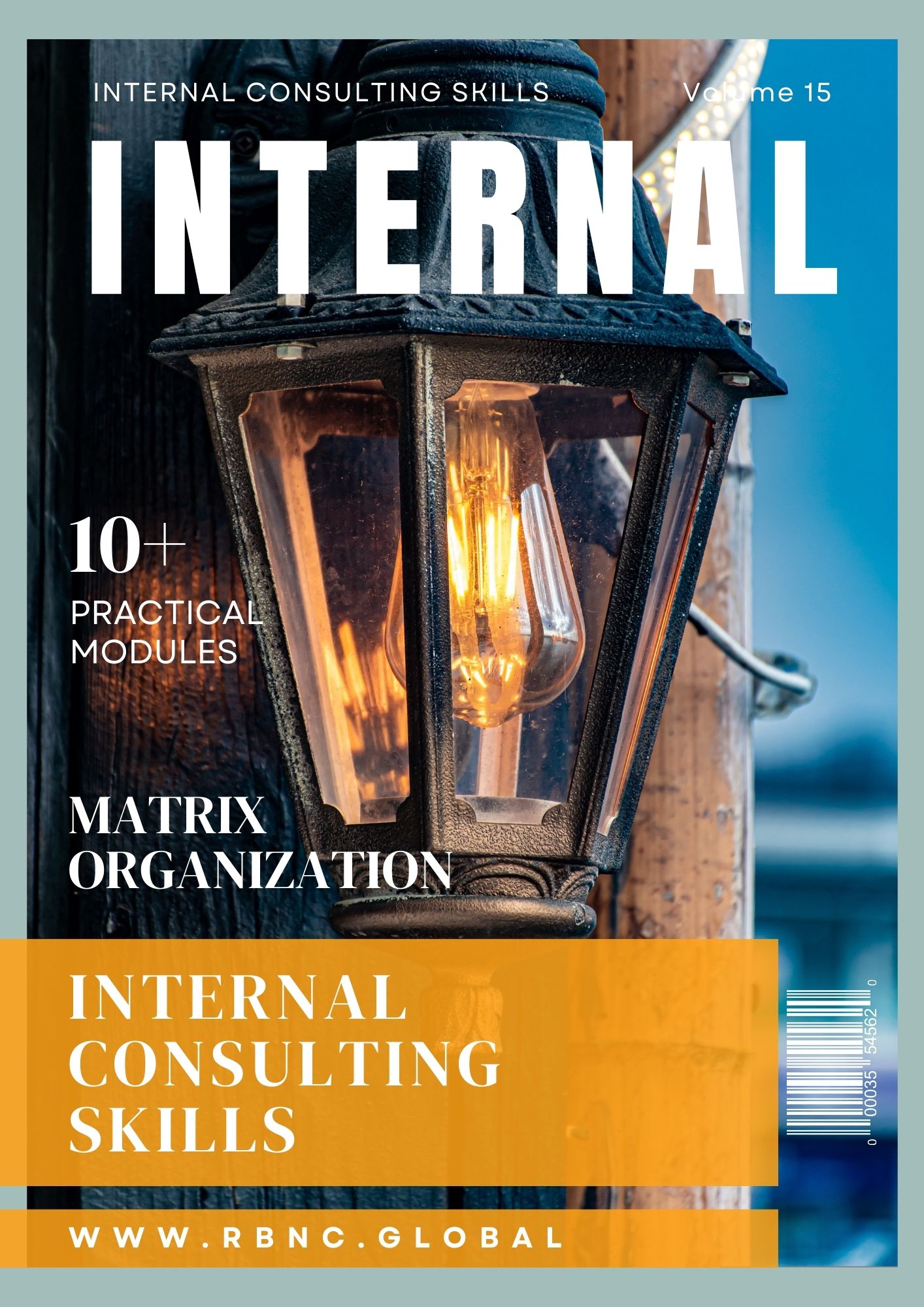Managing People
Introduction
Managing people is one of the most critical—and challenging—aspects of leadership. This two-day immersive workshop is designed to equip current and future managers with the tools, mindset, and confidence to lead diverse teams effectively. Over the course of the program, you will explore best practices in communication, coaching, performance management, motivation, conflict resolution, and team development.
We blend theory, real-life case studies, role-plays, interactive exercises, and peer learning. You’ll leave with action plans tailored to your context, plus enhanced self-awareness as a people manager.
How you will benefit
- Deepen your understanding of what motivates people and how to harness that motivation
- Improve your ability to coach, mentor, and develop direct reports
- Learn techniques for giving feedback, conducting performance conversations, and managing underperformance
- Gain skills in handling difficult conversations and resolving conflict within teams
- Build your confidence in setting expectations, delegating, and trusting your team
- Craft a personal “People Management Action Plan” you can begin implementing immediately
- Exchange ideas, best practices, and lessons with peers in a facilitated, supportive environment
Who should attend
- First-time managers or supervisors stepping into people leadership roles
- Mid-level managers who want to sharpen their people management skills
- Team leads or project leads who need to develop stronger influence over team dynamics
- HR professionals or talent developers who support managers and teams
- Anyone who interacts with, leads, or coaches others and seeks to become more effective as a people manager
What you will cover
A. The Role & Mindset of a Manager
- What does "managing people" really mean?
- Shifting from individual contributor to leader mindset
- The manager’s levers: coaching, direction, influence
B. Understanding Motivation & Drivers
- Intrinsic vs extrinsic motivation
- Job design, purpose, autonomy, mastery
- Identifying motivators in your team
C. Communication Skills for Managers
- Active listening, asking powerful questions
- Building psychological safety
- Communication styles, adaptation
D. Setting Expectations & Delegation
- Defining clear objectives, KPIs, metrics
- Delegation matrix & best practices
- Accountability mechanisms
E. Giving Feedback & Coaching
- Models for feedback (e.g. SBI, GROW)
- Coaching vs telling
- Practice role-plays giving feedback
F. Performance Management & Development
- Ongoing performance check-ins
- Development planning, stretch assignments
- Handling underperformance delicately
G. Difficult Conversations & Conflict Resolution
- Conflict styles, triggers
- Structuring difficult conversations
- Mediating disputes role-plays
H. Building High-Performing Teams
- Tuckman’s stages, team norms
- Psychological safety and trust building
- Diversity, inclusion, and leveraging strengths
I. Leading Change & Transitions
- Managing resistance
- Change communication & buy-in
- Adapting leadership style in change
J. Personal Action Planning & Next Steps
- Reflecting on key insights
- Creating a 90-day People Management Plan
- Peer coaching, accountability partners
Schedule


